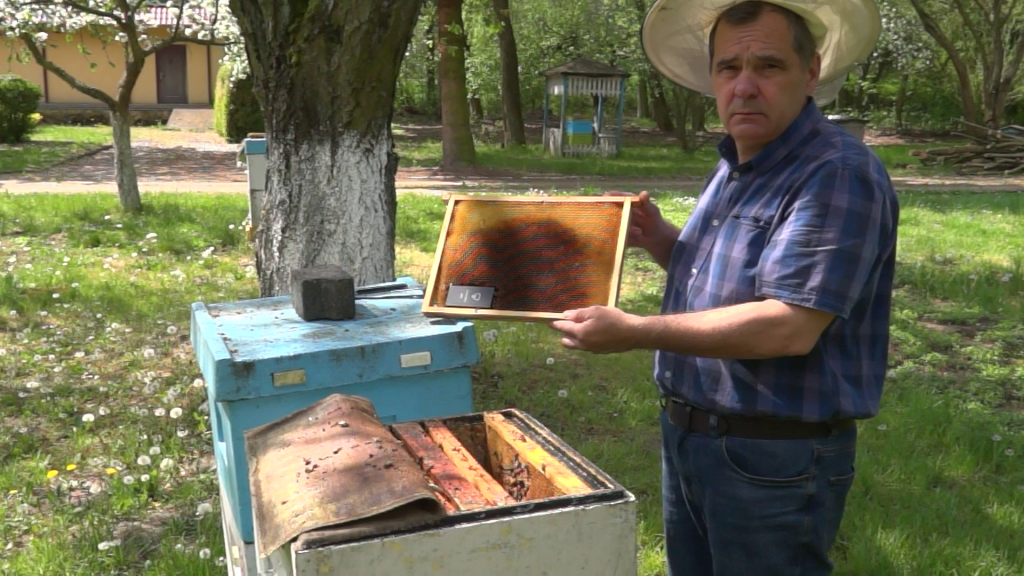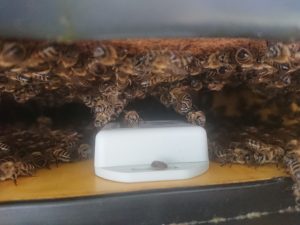
In this edition of our Interview Series, we learn about Pilot 5.3 that is being led by PCSS (Poznańskie Centrum Superkomputerowo-Sieciowe).
Can you tell us about your organisation and your involvement in DEMETER?
The Poznań Supercomputing and Networking Center (PSNC), affiliated with the Institute of Bioorganic Chemistry of the Polish Academy of Sciences, is an internationally known node of the European research area in the field of science information infrastructure and an important research and development centre in the field of information and communication technologies ( ICT ). As an e-Infrastructure development centre, PSNC designed and built the POZMAN Metropolitan Network, the High-Power Computing Center, and the national PIONIER broadband network, maintained and still expanded by PSNC.
As a technological partner of WODR (regional agriculture advisory center) for many years, PSNC is responsible for the gathering of requirements of other stakeholders, transferring them to technical and interoperability requirements and coordinating the work between pilot actors.
What pilot cluster and pilot project are you involved in?
We are leading Pilot 5.3 which is focused on Pollination Optimisation in Apiculture. The challenge is to protect the honeybee to ensure pollination services for crop production. However, there is a lack of detailed information regarding the field saturation of pollinators and a lack of integrated control on pollination. According to a Kleffmann Group study commissioned by the Polish Plant Protection Association in 2016, about 74% of beekeepers declare cooperation with farmers, which usually consists of placing hives at plantations (97%), using plant protection products which are as safe as possible for bees (84%) and informing beekeepers about the dates of plant protection interventions (81%). However, the communication between beekeepers and farmers in Poland is mostly done informally (e.g. by phone), not monitored and not supported by any system. It leads to the accidental poisoning of bees.
What is the objective of the pilot project?
This pilot aims to develop and provide a service for pollination optimisation. The service will connect farm management systems and apiary management systems with advisory and decision support services. Using DEMETER enhancing services will enable easy integration of the apiary management system with multiple, potentially different, farm management systems, registered at the DEMETER Hub. DEMETER will also enable the apiary management system to easily consume data from other services and data sources (e.g. EO public weather data, NDVI) to provide more added value services to the beekeepers (e.g. notification of the start of flowering of plants). The goal of this integration of different agriculture systems is to enable better communication between farmers and beekeepers, to protect bees and to optimise pollination of crops with the aim of improving their yields.
What approach are you taking?
In this pilot, the eDWIN Virtual Farm is connected with the apiary management system, ControlBee, to manage beekeeping information, including apiaries and farming activities like planned sprayings (based on the information from farmers). eDWIN is a nation-wide farm management IT system for plant protection, being developed as part of a national project in Poland. In particular, the pilot will connect the DSS created by the regional agriculture advisory center (WODR), with farm and apiary management systems to manage beekeeping information, including apiaries and farming activities like planned fertilizations (based on the information from farmers), and to provide new advisory services.

Existing systems will be improved with new functionality, enabling collaboration without needing to use a new system. Moreover, as part of the project, existing sensors will be improved, and new apiary sensors developed to allow remote monitoring of mobile apiaries.
What other stakeholders are involved in the pilot?
This pilot involves WODR an advisory center who are direct contact with farmers and beekeepers and responsible for user involvement testing and validation of the integration scenario. IDEATRONIK is a provider of a ControlBee solution, which is an apiary management system. Participation in the pilot will enable them to improve the existing products and services and improving its capability of integration with other systems. Beekeepers and farmers are also heavily involved to validate the integration scenario.
What are the expected outcomes of the pilot project?
Benefits will include improved yield and quality of crops for farmers and better gains for beekeepers. It will also deliver better control and management of pollinators and result in better communication between farmers and beekeepers (e.g. notification of the start of flowering of plants). Using DEMETER enhanced services will enable easy integration of the apiary management system with multiple and potentially different farm management systems.


